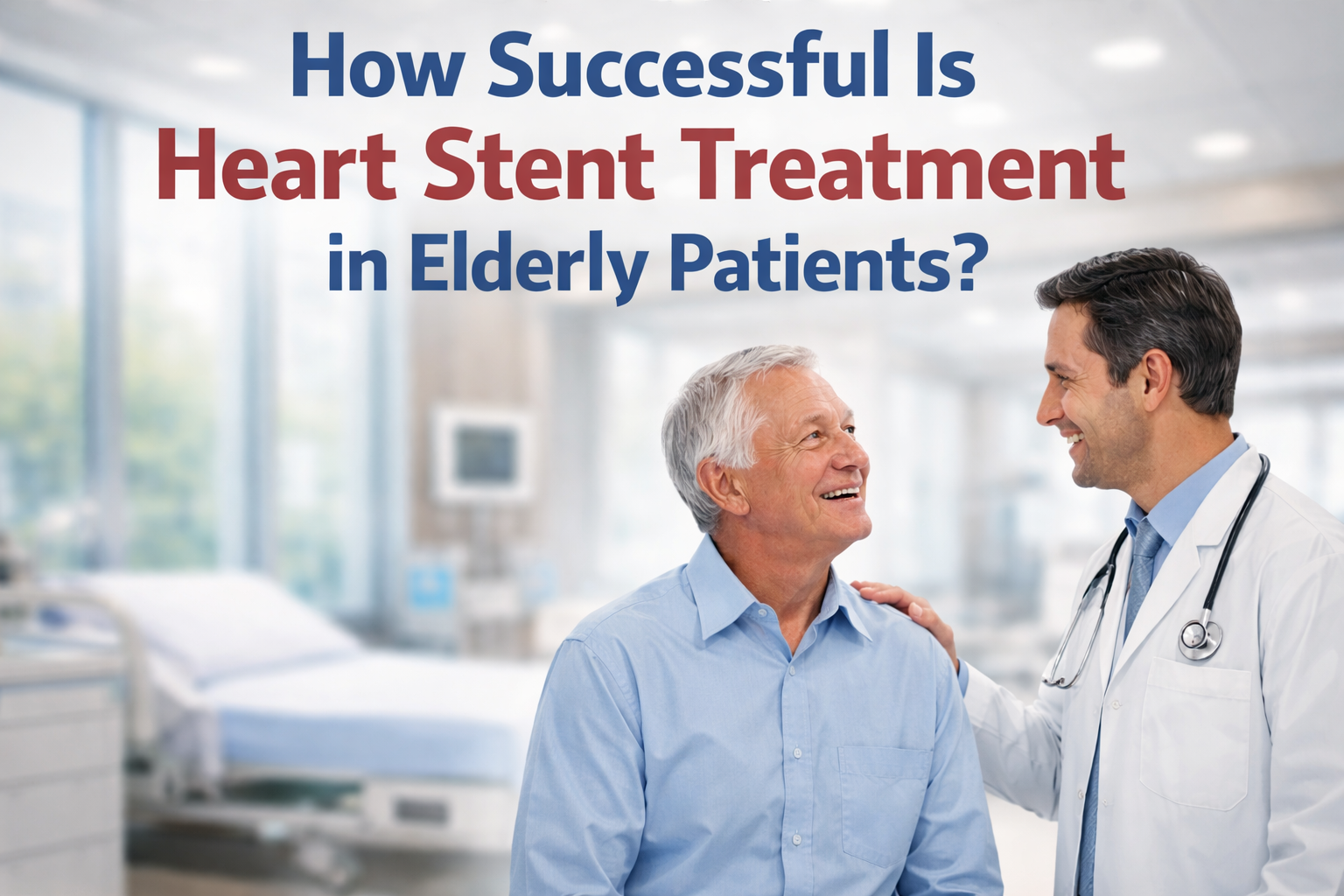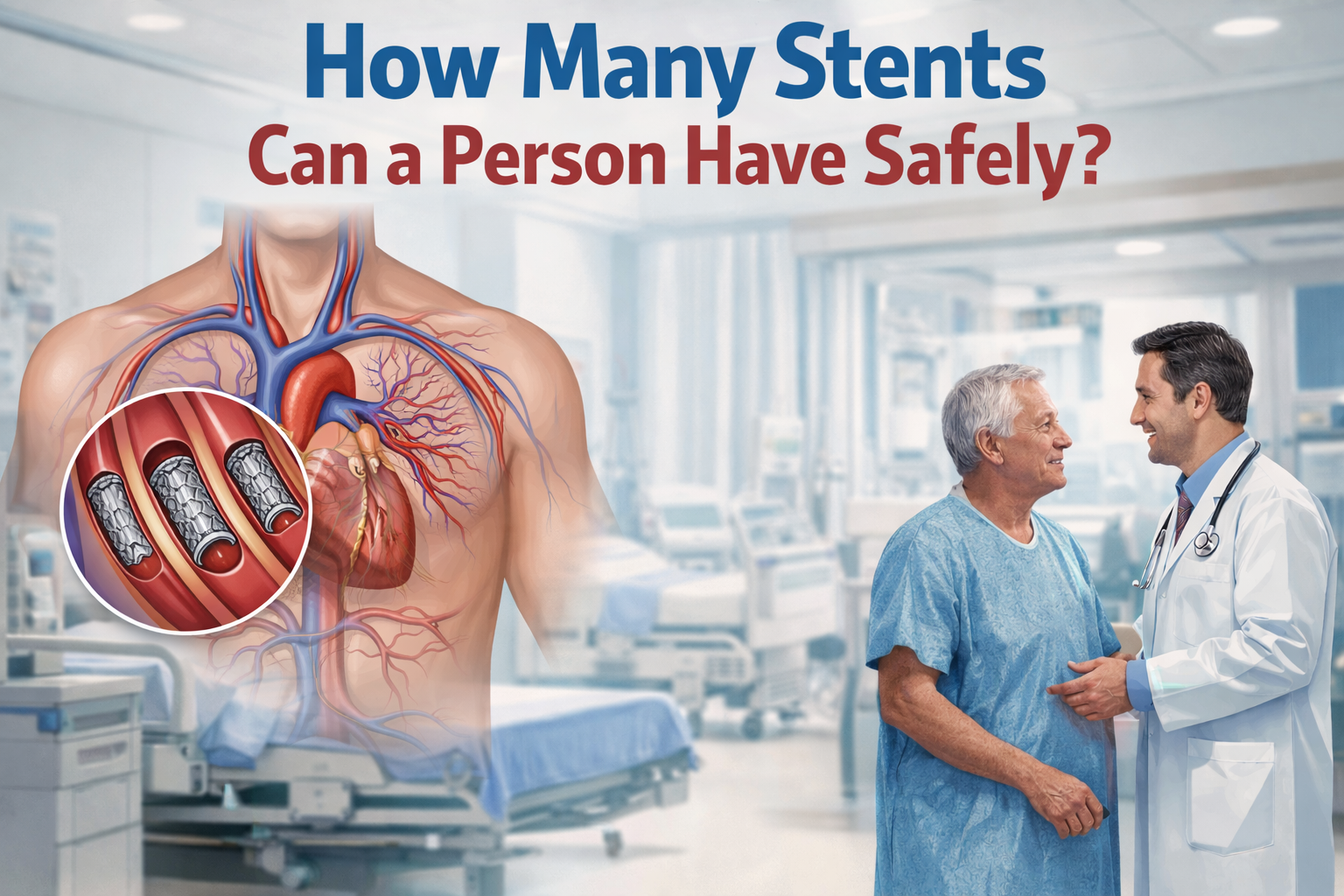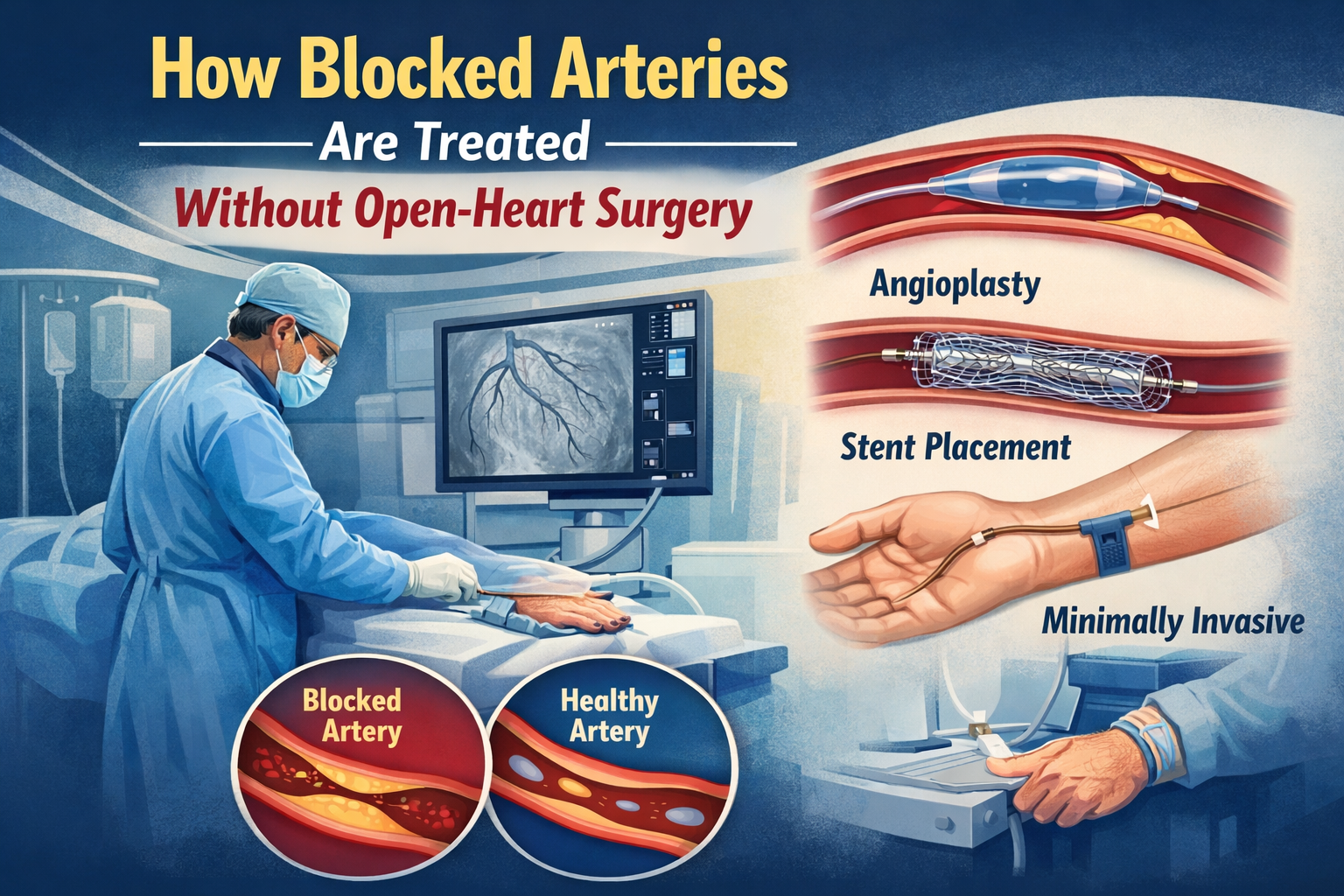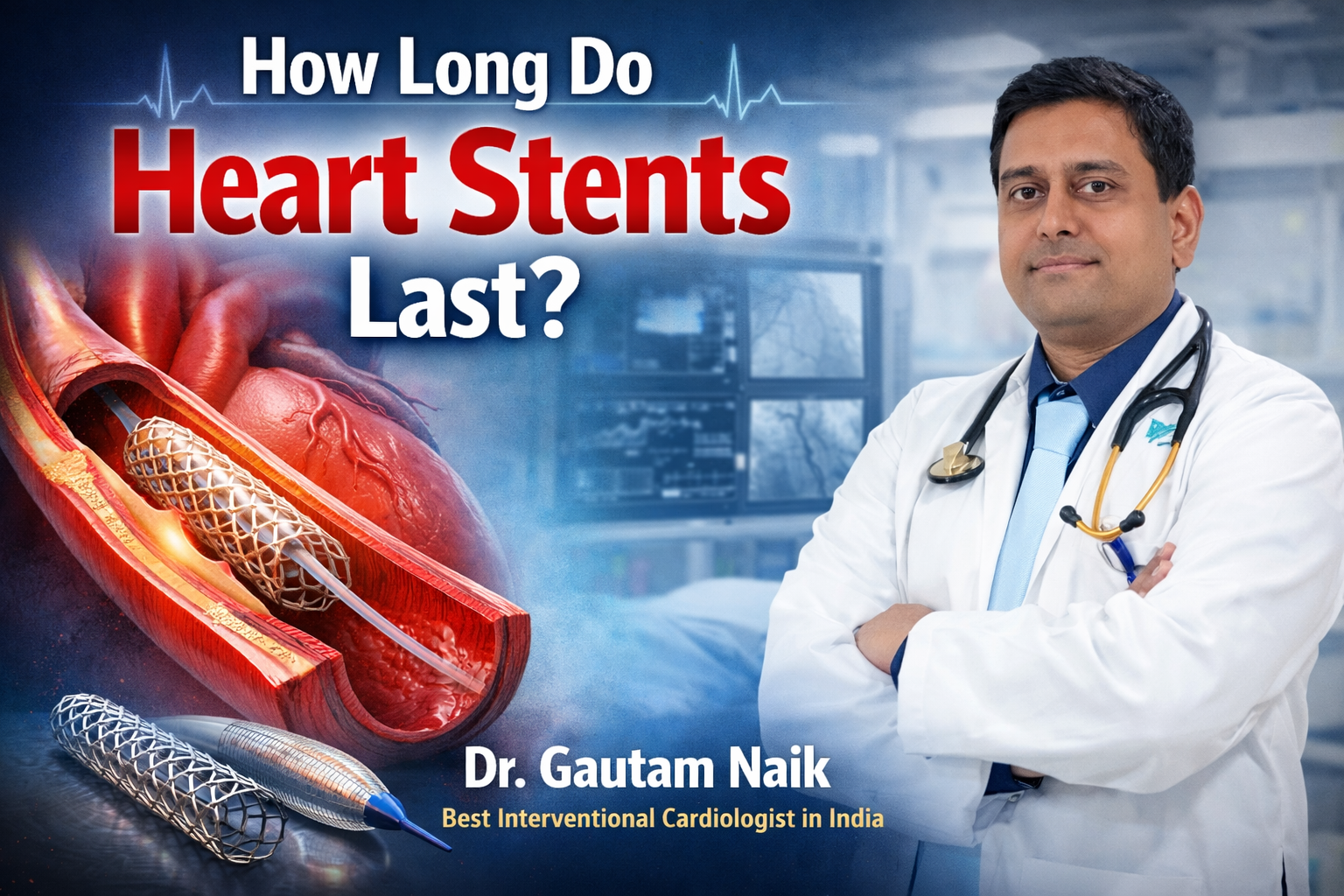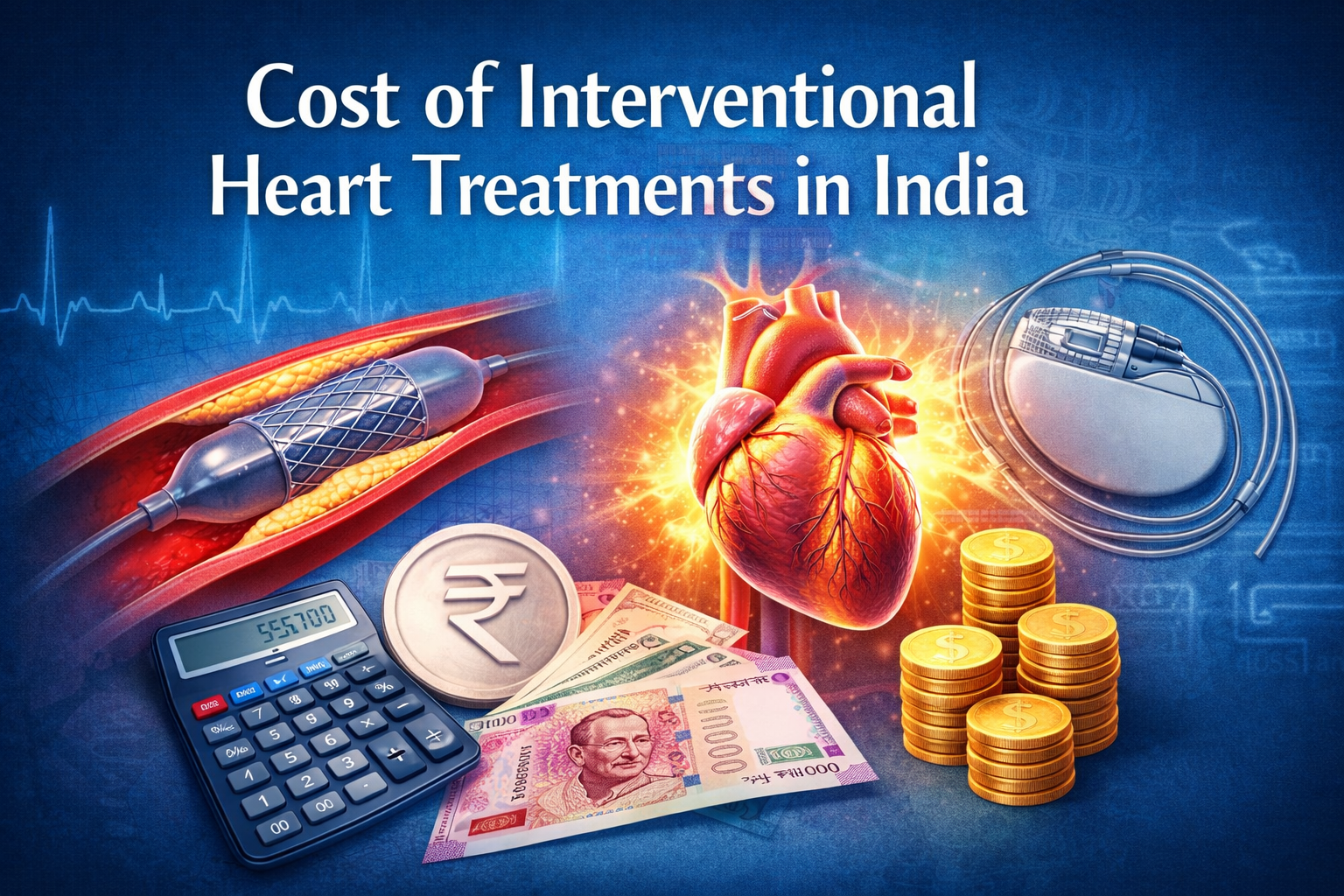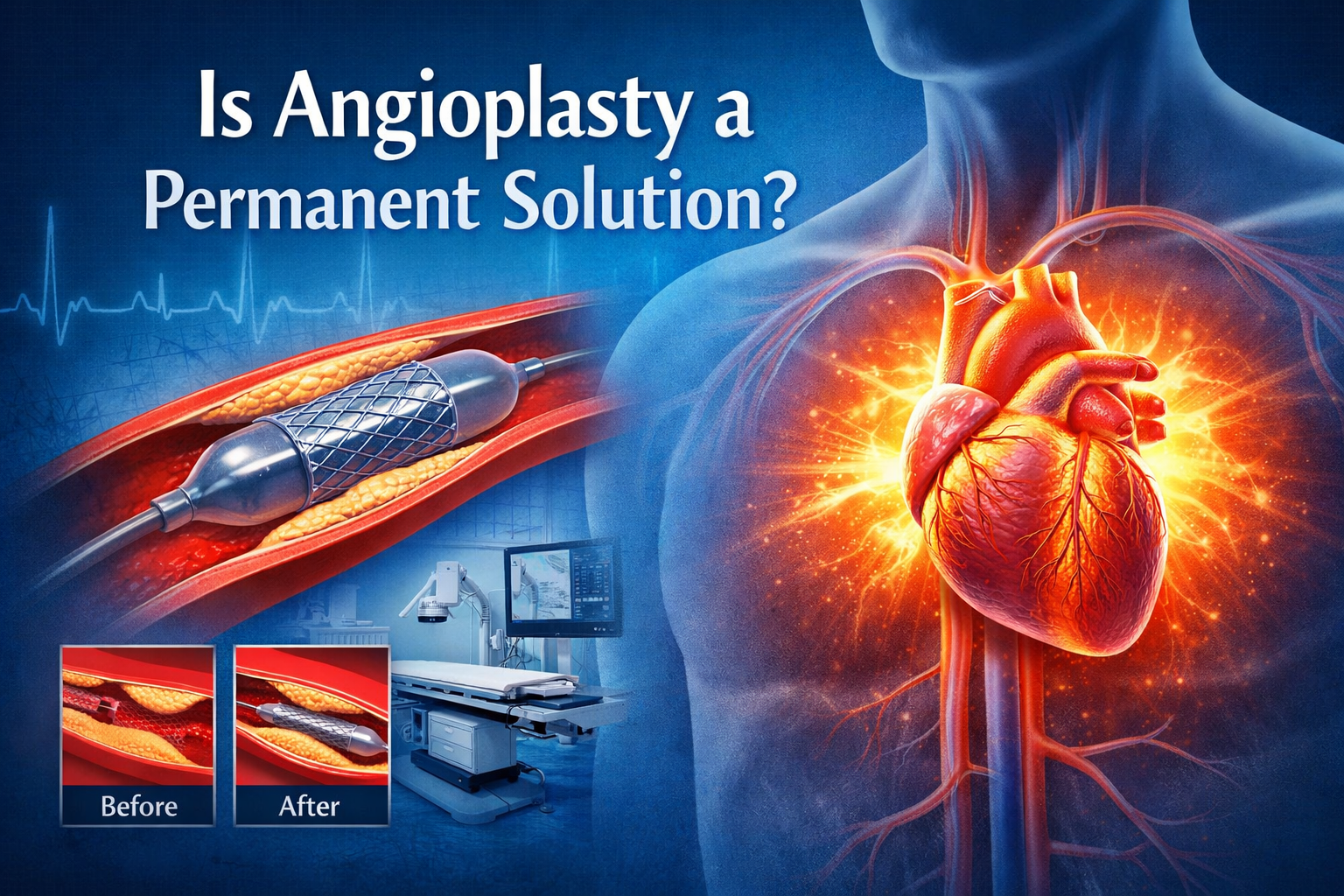
Heart blockage is one of the most common cardiovascular conditions today — and one of the most feared. However, advancements in cardiology have revolutionized how it’s treated. In many cases, heart blockage can now be managed effectively without open-heart surgery, through minimally invasive and medical approaches that restore blood flow and prevent complications.
In this article, we’ll explore the causes, symptoms, and non-surgical treatments for heart blockage, and highlight the expertise of Dr. Gautam Naik, the best Interventional Cardiologist in Delhi, practicing at Apollo Hospital, who has successfully treated thousands of cardiac patients using advanced, minimally invasive techniques.
The heart needs a continuous supply of oxygen-rich blood. When coronary arteries — the blood vessels supplying the heart — become narrowed or blocked by fatty deposits (plaques), it restricts blood flow, leading to chest pain (angina), shortness of breath, or even a heart attack.
This condition is medically termed Coronary Artery Disease (CAD).
Early diagnosis and timely treatment are key to preventing irreversible heart damage.
Recognizing the warning signs early can save lives.
If you experience any of these symptoms, consult a cardiologist immediately.
Yes! Not every patient requires open-heart bypass surgery. Depending on the severity and type of blockage, non-surgical and minimally invasive treatments can be highly effective.
Let’s explore the top non-surgical approaches used by leading cardiologists like Dr. Gautam Naik.
For mild to moderate blockages, medications and lifestyle changes can successfully control the condition.
With proper adherence, these steps can stabilize plaques and even reverse minor blockages over time.
While technically a procedure, angioplasty is not open-heart surgery — it’s a minimally invasive, catheter-based intervention.
This procedure restores blood flow instantly and helps prevent future blockages.
At Apollo Hospital, Dr. Gautam Naik, an expert in interventional cardiology, specializes in complex angioplasties and advanced stent procedures — helping patients avoid the risks of open-heart surgery.
EECP is a completely non-invasive, non-surgical treatment for heart blockage and angina.
EECP is FDA-approved and recommended for patients unfit for surgery or those seeking alternative treatments.
Technologies such as IVUS (Intravascular Ultrasound) and OCT (Optical Coherence Tomography) allow cardiologists to visualize blockages in extraordinary detail.
These tools help doctors like Dr. Gautam Naik decide whether stenting is necessary — and if so, precisely place the stent for optimal long-term results.
This personalized, imaging-guided approach ensures safer and more effective outcomes without unnecessary surgical intervention.
Under professional supervision, some supportive approaches may help reduce plaque buildup and improve heart function:
While these cannot replace medical treatment, they can complement it under expert cardiologist supervision.
When it comes to cutting-edge cardiac care, Dr. Gautam Naik is widely recognized as one of the best cardiologist in Delhi, based at Apollo Hospital.
Patients across India and abroad trust Dr. Gautam Naik for his precision, experience, and compassionate approach in treating heart blockage without the need for major surgery.
At Apollo Hospital, every patient receives personalized care — combining global expertise with compassionate healing.
A heart blockage diagnosis doesn’t always mean surgery. With today’s medical advancements, many patients recover fully using non-surgical, minimally invasive treatments like angioplasty, EECP, and lifestyle therapy.
For the most accurate diagnosis and world-class treatment, consult Dr. Gautam Naik, the best interventional cardiologist in Delhi at Apollo Hospital. His expertise in non-surgical heart blockage management ensures safer, faster, and lasting recovery — helping patients return to a healthy, active life.
Your heart deserves the best care — and with Dr. Gautam Naik, it’s in the safest hands.
